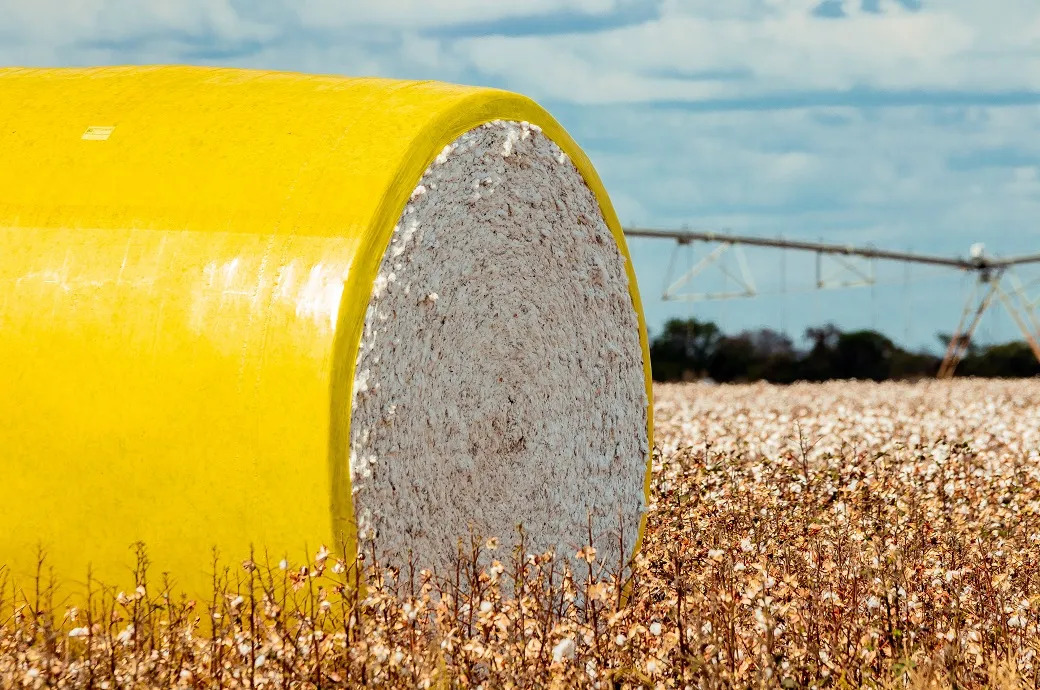Headquartered in Brussels, the Bureau of International Recycling (BIR) is concerned about revenue losses in billions of dollars and thousands of job losses in the wake of China's plans to ban imports of specific waste materials. The Chinese government notified its plans to end import of certain waste plastics, unsorted waste paper, textile wastes and metallic slags and residues to the World Trade Organization (WTO).
Whilst BIR and its members support and promote high quality standards for scrap exports, this ban, if implemented, will have a serious impact on global recycling industry, says BIR's director general Arnaud Brunet. He also noted international trade in scrap materials had supported China's economic growth over the last quarter century and had provided the secondary raw materials needed by Chinese companies for production.
According to BIR, the value of secondary raw materials shipments to China runs into the tens of billions of US dollars. Last year, China imported 7.3 million tonnes of waste plastics worth billions of dollars primarily from Europe, the US and Japan. These were also the most important sources of waste paper imports to China.
Last year, China's total waste paper imports stood at 27 million tonnes, of which 20 to 30 per cent consisted of mixed paper, according to BIR. A ban may result in a large amount of mixed paper scrap ending up outside of the circular economy stream, says the recycling umbrella organisation. BIR it will now engage with stakeholders and Chinese government to explain the "devastating impact" that the proposed ban would have on both the global recycling industry as well as for the Chinese and global economies.
BIR is represents around 800 members. Besides individual companies, they include 36 national recycling organisations.












